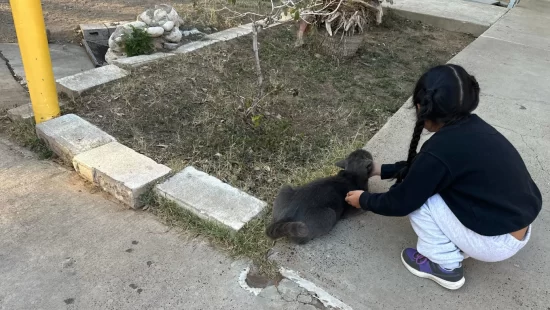Earth’s sixth mass extinction is already happening — and it is rapidly accelerating, researchers warned in a study out this week in the Proceedings of the National Academy of Sciences (PNAS) journal.
The study adds to a growing understanding of how humans have — often negatively — impacted Earth’s trajectory.
The study noted that animal species are going extinct at rates 35 times faster than the historical norm over the past million years.
Researchers highlighted the role of humans in the phenomenon, noting that animal species lost in the past 500 years would have taken about 18,000 to go extinct in the absence of humans.
Habitat destruction, illegal trade and climate disruption will likely continue to drive extinction rate acceleration in the coming decades, the study added.
The mass loss of animal species means losing a record of the planet’s evolutionary history and potential, and will have ramifications for humans, Gerardo Ceballos, the study’s said.
“There is life on the planet because of the plants and animals — wild plants and animals — and the ecosystems that they form,” Ceballos said.
The crops humans use, the combination of gases of the atmosphere that make it suitable for life on Earth, and active compounds used for medications, are all in some ways dependent on plants and animals, he added.
By losing entire branches of genera, “we’re losing the capability of the planet to maintain life in general, and to maintain human life in particular,” Ceballos said.
The new research builds on a number of studies from past years that warned Earth is experiencing a sixth mass extinction.
Scientists have previously warned that up to 1 million species are threatened with extinction and some could be lost within decades.
A separate study published earlier this summer in the journal Biological Reviews noted that the sixth mass extinction, currently underway, is the first mass extinction “directly induced by a single species – humans.”
Researchers in June proposed the demarcation of a new epoch to reflect humans’ impact on Earth.
Not all scientists are convinced that the current wildlife loss constitutes a sixth mass extinction.
“We have no idea how to identify a sixth mass extinction,” Stuart Pimm, the Doris Duke Professor of Conservation Ecology at Duke University.
Could ants’ nests hold the secret to reducing traffic congestion on the 405 Freeway?








